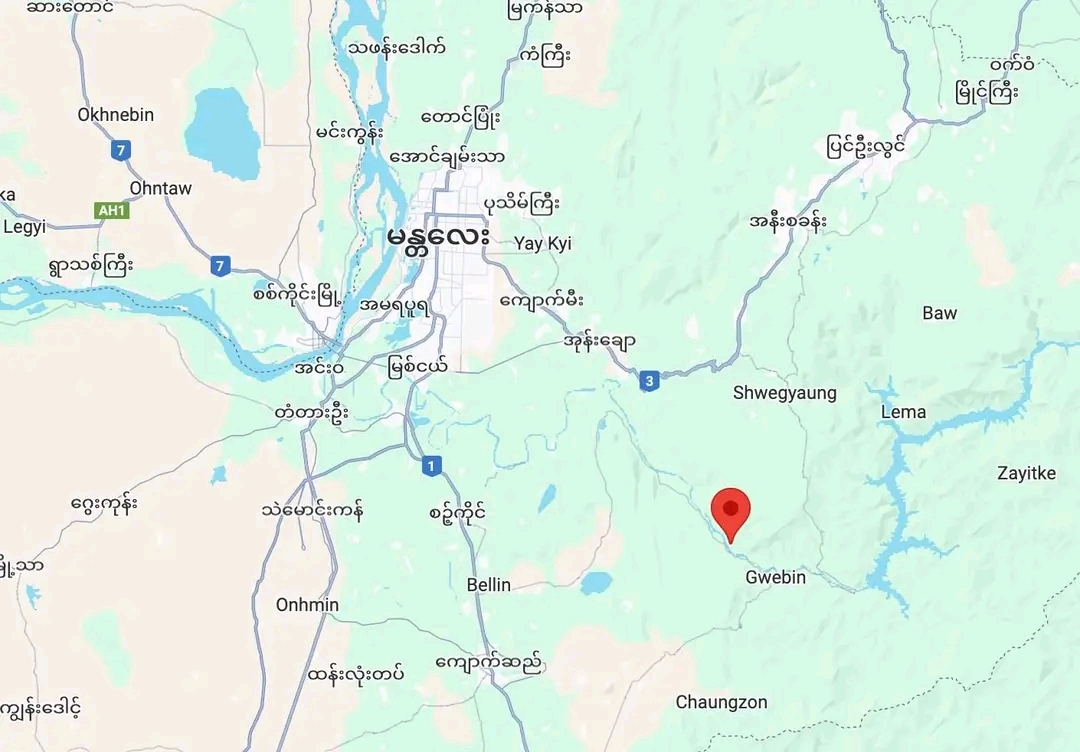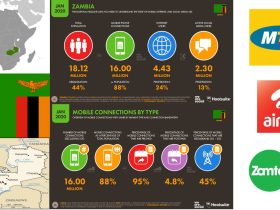
Food manufacturing industries in Bahamas
The food manufacturing industry in The Bahamas is a small but growing sector, playing a vital role in the country’s economy and food security. As a nation heavily reliant on tourism and food imports, The Bahamas has been taking steps to strengthen local food production and reduce dependency on international suppliers. The industry primarily focuses on processing locally available resources such as seafood, poultry, fruits, and vegetables, as well as manufacturing beverages, baked goods, and packaged food products.
Seafood processing is one of the most prominent segments in Bahamian food manufacturing. The country’s waters are rich in marine resources, including lobster, conch, and various fish species. These are processed and exported, particularly to markets in the United States and Europe. Companies involved in seafood processing not only help drive exports but also provide employment in coastal communities.
Another growing segment is beverage manufacturing. The Bahamas is home to several popular beverage companies producing bottled water, soft drinks, fruit juices, and alcoholic beverages like rum and beer. Notable names include the Bahamian Brewery and Beverage Co. Ltd., known for its Sands beer, and John Watling’s Distillery, which produces premium Bahamian rum. These companies contribute significantly to the local economy and are also important attractions for tourists.
Bakeries and snack food producers make up a significant portion of the food manufacturing industry as well. Local bakeries produce bread, pastries, and cakes for the domestic market, while other companies manufacture packaged snacks and convenience foods tailored to Bahamian tastes. These products are distributed to supermarkets, restaurants, and hotels throughout the islands.
In recent years, there has been a push toward value-added agriculture, encouraging farmers to process their produce into jams, sauces, dried fruits, and herbal teas. This initiative supports rural development and creates opportunities for small and medium enterprises (SMEs) in the agri-food sector. Organizations like the Bahamas Agricultural and Industrial Corporation (BAIC) and the Bahamas Development Bank have been instrumental in supporting food manufacturing initiatives through training, funding, and access to facilities.
However, challenges remain. The sector faces high production costs due to limited economies of scale, energy expenses, and dependence on imported raw materials. Infrastructure limitations and logistical issues between islands can also hinder growth. To address these, the government and private sector have been exploring partnerships, renewable energy solutions, and regional trade opportunities.
In conclusion, while still developing, the food manufacturing industry in The Bahamas has shown promise in diversifying the economy, creating jobs, and reducing reliance on imports. With continued investment, innovation, and support for local entrepreneurs, the sector has the potential to become a stronger pillar of the Bahamian economy in the coming years.



Leave a Reply